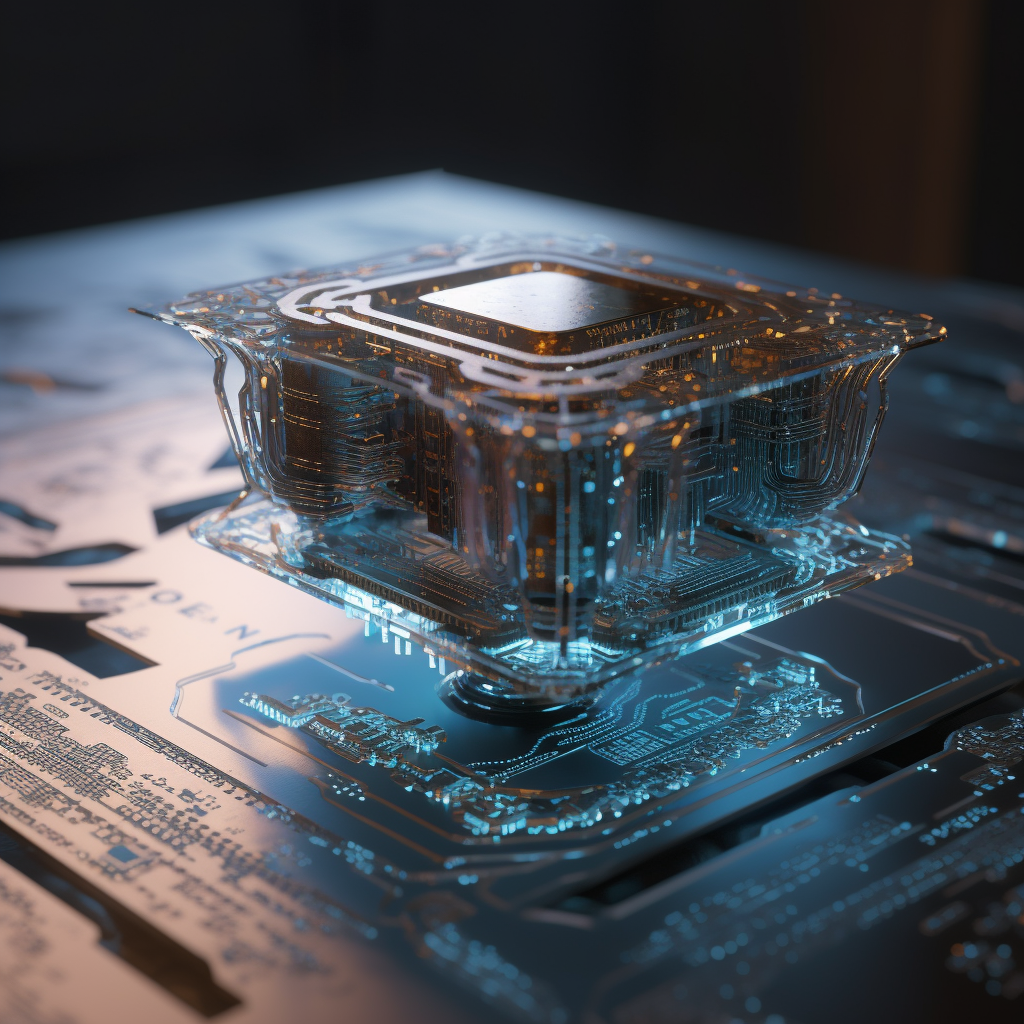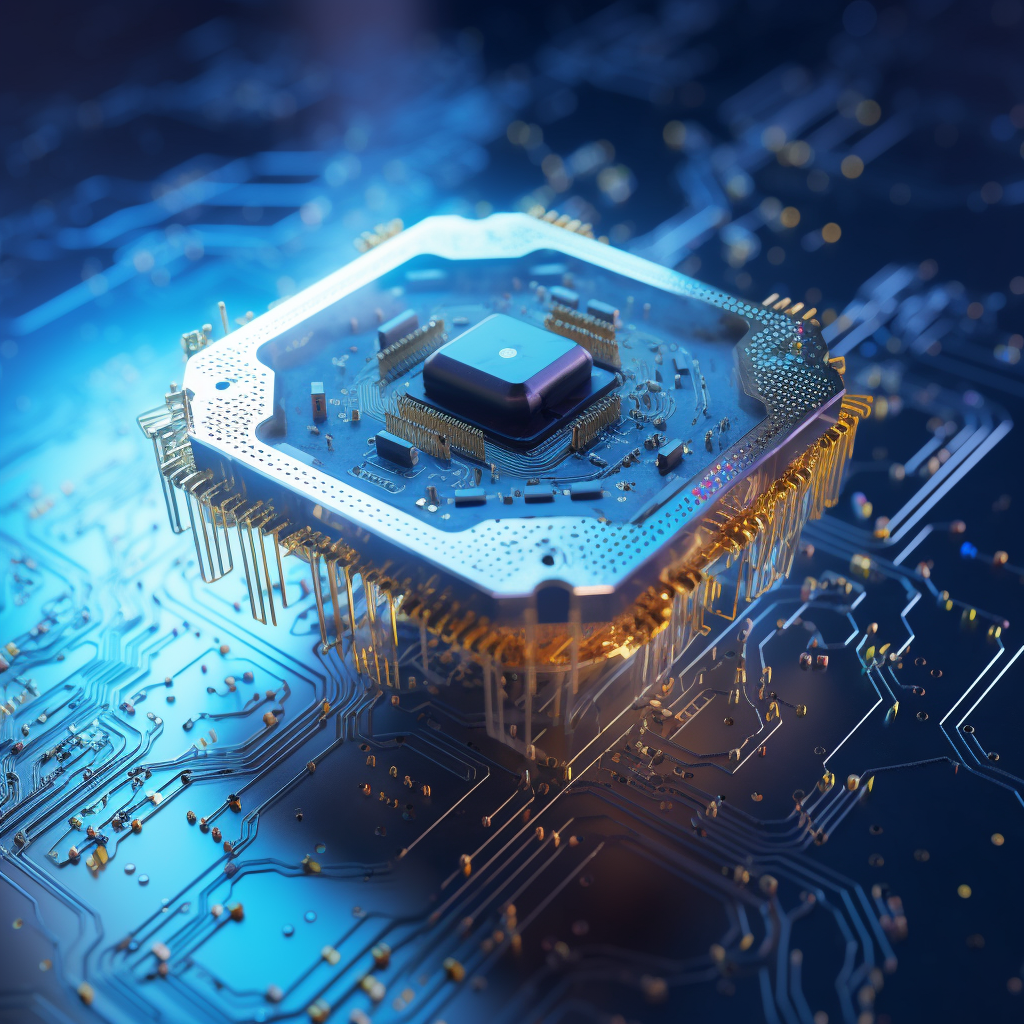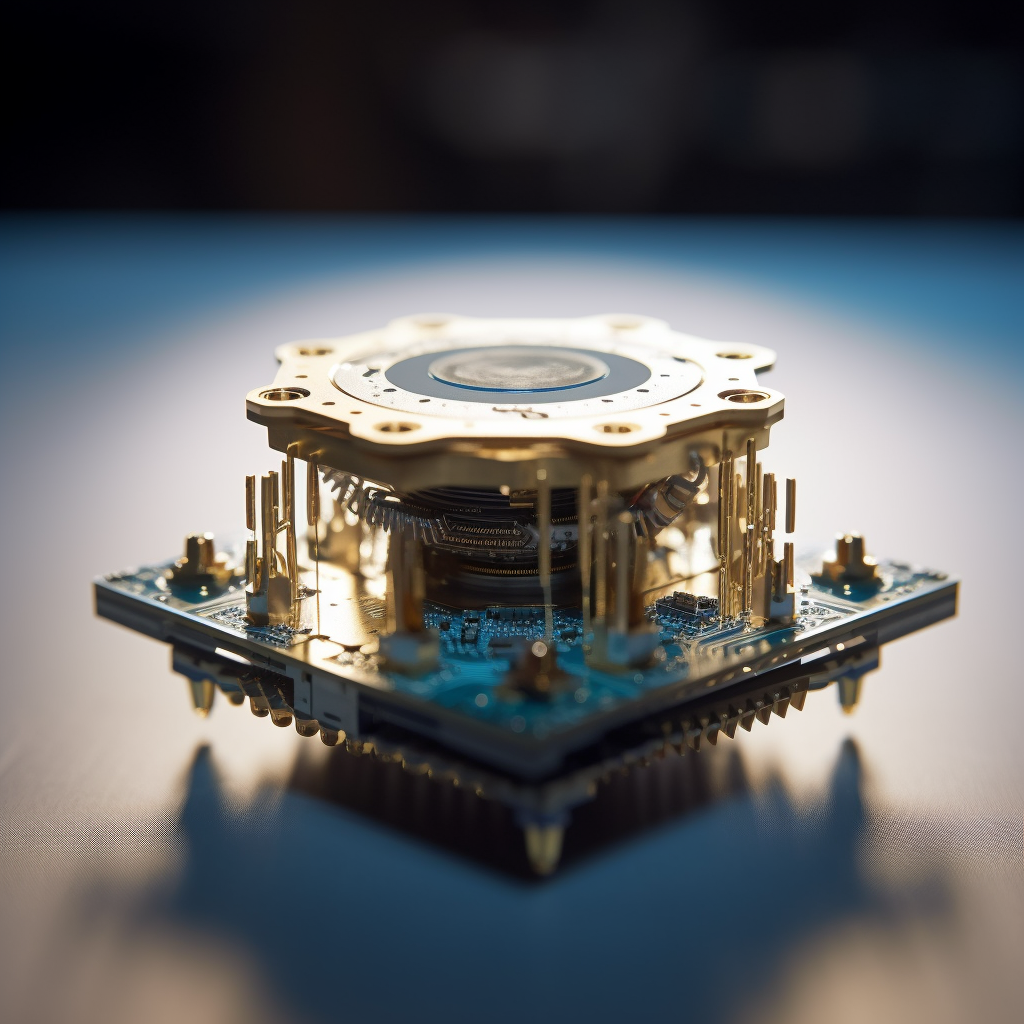How Quantum Computing is Revolutionizing Cybersecurity: A Deep Dive
How's quantum computing impacting cybersecurity? Dive into the transformative world of quantum tech and its profound effects on the cybersecurity landscape.

Introduction: The Intersection of Quantum Computing and Cybersecurity
Quantum computing, a field that once seemed like science fiction, is now becoming a reality. Its potential to solve complex problems at unprecedented speeds has caught the attention of many industries, especially cybersecurity. But what exactly is quantum computing, and how does it intertwine with the realm of cybersecurity?
What is Quantum Computing?
Quantum computing leverages the principles of quantum mechanics to process vast amounts of data simultaneously. Unlike classical computers that use bits (0s and 1s), quantum computers use qubits, which can exist in multiple states at once. This superposition allows quantum computers to perform multiple calculations in parallel, offering a significant speed advantage.
The Basics of Cybersecurity
Cybersecurity is the practice of protecting systems, networks, and data from digital attacks. With the rise of cyber threats, it's become an essential aspect of modern business and personal life. The primary goal? To ensure data integrity, confidentiality, and availability.
How's Quantum Computing Impact Cybersecurity?
The intersection of quantum computing and cybersecurity is both exciting and daunting. On one hand, quantum tech offers enhanced security measures; on the other, it poses new threats.
The Quantum Advantage in Encryption
Quantum computing can potentially make current encryption methods obsolete. However, it also paves the way for quantum encryption – a method deemed unbreakable due to the principles of quantum mechanics. If someone tries to intercept a quantum-encrypted message, the data changes, rendering the stolen information useless.
Quantum Key Distribution (QKD)
QKD is a method of transmitting cryptographic keys using quantum mechanics. It ensures that any eavesdropping is detectable, making it a promising tool for secure communications.
Post-Quantum Cryptography
As quantum computers threaten current encryption standards, researchers are developing new cryptographic algorithms that can withstand quantum attacks. This field, known as post-quantum cryptography, is crucial for future-proofing our digital world.
Quantum Threats to Current Encryption Standards
While quantum tech offers enhanced security, it also poses risks. Many of today's encryption methods could become vulnerable to quantum attacks, necessitating a shift in how we approach cybersecurity.

The Double-Edged Sword: Pros and Cons
Quantum computing's impact on cybersecurity isn't black and white. It offers both opportunities and challenges.
Benefits of Quantum Computing in Cybersecurity
Beyond encryption, quantum computing can help cybersecurity professionals detect anomalies, predict threats, and respond to breaches faster than ever before.
Potential Risks and Challenges
As with any technological advancement, there are potential pitfalls. The same power that allows quantum computers to enhance security can also be used maliciously, leading to more sophisticated cyberattacks.
Real-World Applications and Implications
Quantum computing isn't just theoretical; it's already making waves in the cybersecurity industry.
Quantum Computing in Modern Cybersecurity Solutions
Companies are beginning to integrate quantum tech into their cybersecurity solutions, offering advanced protection against threats.
The Future Landscape of Cyber Threats
As quantum computing becomes more prevalent, we can expect a shift in the nature of cyber threats. Cybersecurity professionals must stay ahead of the curve, anticipating and preparing for these new challenges.
First-Hand Experiences with Quantum Computing in Cybersecurity
Case Study: Quantum Encryption in Action
A recent case saw a financial institution successfully transmit data using quantum encryption, showcasing the real-world potential of this technology.
Personal Insights from Industry Experts
Leading experts in the field share their experiences and insights, emphasizing the transformative potential of quantum tech in cybersecurity.

FAQs
How does quantum computing differ from classical computing?
Quantum computing uses qubits, allowing for multiple calculations simultaneously, while classical computing relies on bits (0s and 1s).
What are the main benefits of quantum computing in cybersecurity?
Quantum tech offers enhanced encryption methods, faster threat detection, and advanced protection against cyberattacks.
Are current encryption methods at risk due to quantum computing?
Yes, many of today's encryption standards could become vulnerable to quantum attacks, highlighting the need for post-quantum cryptography.
How soon will quantum computing become mainstream in cybersecurity?
While quantum tech is already making its mark, widespread adoption in cybersecurity may still be a few years away.
Can quantum computers be used maliciously?
Yes, the same power that allows quantum computers to enhance security can also be used for sophisticated cyberattacks.
What is post-quantum cryptography?
It's the development of cryptographic algorithms designed to withstand potential quantum attacks.

Conclusion: The Quantum Future of Cybersecurity
The fusion of quantum computing and cybersecurity is reshaping the digital landscape. As quantum tech continues to evolve, so too will the world of cybersecurity. By understanding and harnessing the power of quantum computing, we can usher in a new era of digital protection, ensuring a safer future for all.